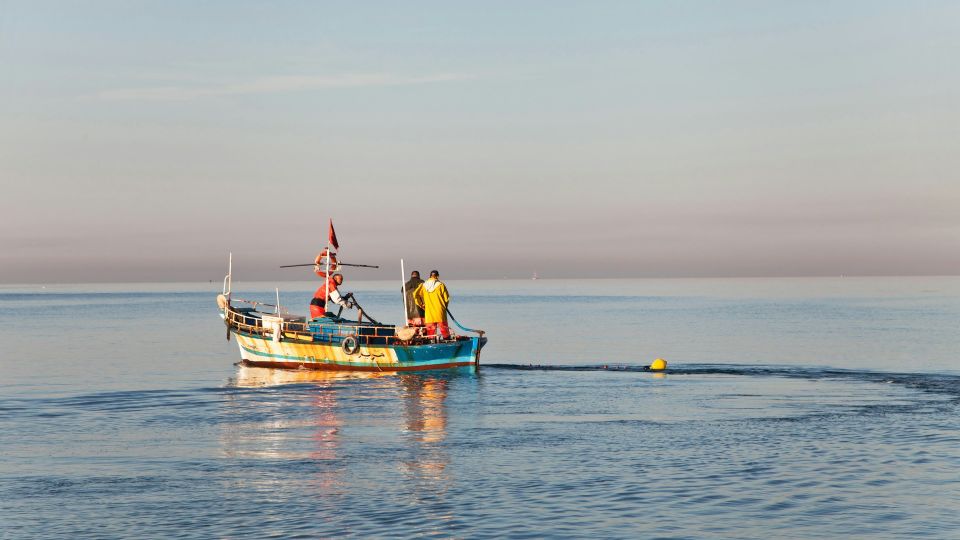June 7, 2024
MANILA – The Philippines is anticipating the creation of a new regional coast guard protocol as tensions in the South China Sea continue to escalate.
Philippine Coast Guard (PCG) spokesperson Rear Admiral Armando Balilo said Thursday the ongoing conference of the Association of Southeast Asian Nations (Asean) coast guard in Davao City will pave the way for the crafting of such rules of conduct between coast guards of member states.
According to him, the Asean coast guard forum aims to expand coordination and cooperation among the 10 member states on maritime law enforcement operations against drug trafficking, human smuggling, illegal fishing, piracy, and entry of weapons of mass destruction, among others.
“The participating Coast Guard officials will finalize the concept paper and terms of reference, and initiate the crafting of the South East Asian Protocols on Engagements At Sea for Asean Coast Guards and Maritime Law Enforcement Agencies (Sea-Peace) to guide Asean Coast Guard in dealing with various maritime law enforcement operations at sea,” Balilo said in a statement.
The Asean coast guard forum started Wednesday, June 5, and will end Saturday, June 8. All 10 member countries – Philippines, Singapore, Malaysia, Indonesia, Brunei, Laos, Cambodia, Myanmar, Vietnam, and Thailand – participated in the three-day forum.
PCG Commandant Admiral Ronnie Gil Gavan said the conference is crucial in fostering “Asean centrality” in view of the South China Sea situation, where some member countries, including the Philippines, lay claim to some of the islets within the vast sea.
Speaking at the opening ceremony of the gathering, Gavan stressed: “This provides the PCG, which is also the oldest coast guard in Asean, the opportunity to help inspire its fellow coast guards in the region toward common understanding and cooperation to ensure safe, secure and prosperous Asean maritime region based on international law, including Unclos (United Nations Convention on the Law of the Sea) and its relevant conventions, the arbitral award, treaties, and other legal instruments to which Asean countries are parties in the spirit of Asean centrality.”
“This is very significant for the Philippines especially at this point of geopolitical challenges to share the country’s position,” he added.
Apart from China and the Philippines, Asean countries such as Brunei, Malaysia, and Vietnam are also claimants of Spratly Islands inside the South China Sea.
Maritime features of Spratlys inside the western section of the Philippines’ exclusive economic zone –which is the West Philippine Sea – are locally known as the Kalayaan Island Group.
Despite the overlapping claims, Beijing has been asserting sovereignty in almost the entire South China Sea, including most of the West Philippine Sea, even if it was already invalidated by a July 2016 arbitral award that stemmed from a case filed by Manila in 2013.
Beijing has been refusing to acknowledge this landmark ruling, causing tensions with claimant countries like the Philippines and Vietnam.
Last May 19, another tension between Manila and Beijing came as China Coast Guard (CCG) personnel aboard rigid hull inflatable boats intercepted and dumped overboard food and other supplies which was airdropped by a Philippine military aircraft for BRP Sierra Madre, a naval outpost grounded in Ayungin (Second Thomas) Shoal since 1999.
The CCG also allegedly obstructed a medical evacuation of an ailing soldier from the BRP Sierra Madre, while the Chinese side also accused Filipino troops of pointing guns at their personnel, which the Philippine military firmly denied.


